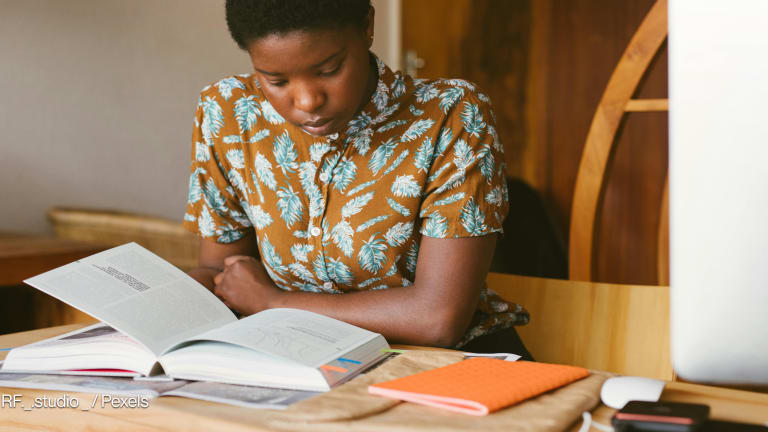Armed with cameras, a group of Georgetown University undergraduates visited classroom after classroom in early 2006, asking fellow students to raise their hands if they wanted the option of concentrating in international development. They delivered a stack of signatures to President John DeGioia, who launched a task force on the issue. Three months later, the first students enrolled in a new certificate program.
Georgetown hired dozens of new faculty, including well-known practitioners and academics such as Andrew Natsios, former administrator of the U.S. Agency for International Development, and Katherine Marshall, long-time World Bank executive and senior advisor on faith and ethics. Georgetown now boasts more than 100 faculty members “engaged in teaching and research on development issues ranging from fighting the spread of diseases such as malaria and HIV/AIDS, transitioning from conflict to peace and reconstruction, and promoting economic growth and democracy.”
The certificate program born of the students’ push to bring development to campus, is based in the School of Foreign Service’s Mortara Center for International Studies. The program has two prerequisites - micro- and macroeconomics - and requires that students complete one core course, “Introduction to the Economics and Politics of Development,” as well as five courses selected from the certificate’s five subfields: politics of development; economic development; regional studies; environment, health, technology and development; ethics, religion, culture and development. At least three of these five courses must come from regional studies; environment, health, technology and development; or ethics, religion, culture and development.
This story is forDevex Promembers
Unlock this story now with a 15-day free trial of Devex Pro.
With a Devex Pro subscription you'll get access to deeper analysis and exclusive insights from our reporters and analysts.
Start my free trialRequest a group subscription







